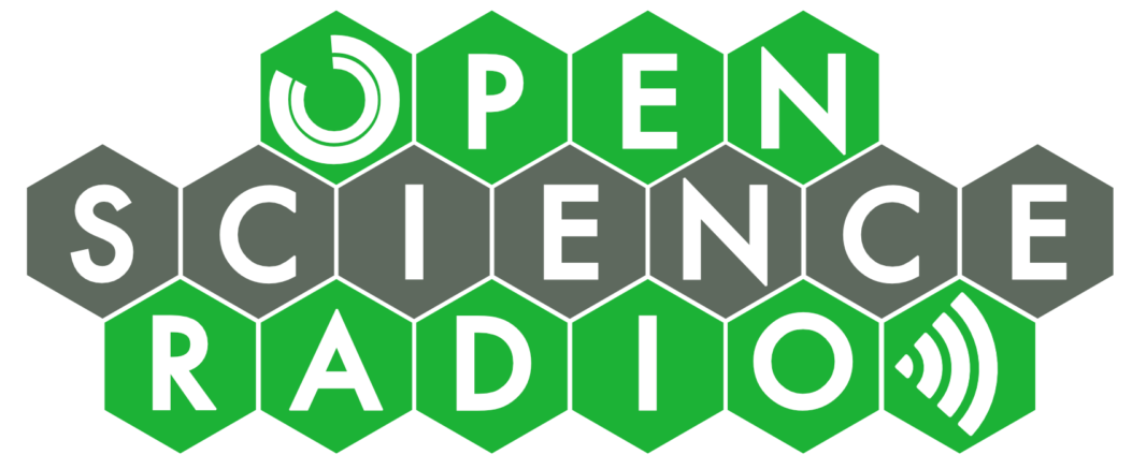The National Research Data Infrastructure for Germany – NFDI for short – has been under construction since 2018. Its goal is as simple as it is complex: to systematically open up the valuable data resources of science and research for the entire German science system, to network them, and thus to make them more usable. This would create a sustainable and flexible digital knowledge repository for all research areas, which in turn can be an indispensable prerequisite for new research questions, findings and innovations. In order to gain an insight into the development of the NFDI, its organs and their tasks, but above all to get an overview of the consortia that have been set up in 3 rounds, we have invited the man who probably knows the most about it at the moment: Prof. Dr. York Sure-Vetter, the current director of the NFDI.
And York did not disappoint.
At the Barcamp Open Science 2021 Konrad had the chance to have a brief wrap-up interview with Thomas Lösch, who hosted a session together with Sonja Bayer on (Re-)using available research data in the social, educational, behavioural and economic sciences. The session was intended to get an overview of what the current state was, how data is data used and what works when it comes to data reusability?
This is a short interview episode from the poster session at the Open Science Conference 2019. In this episode Konrad talked to Kerstin Helbig (@FrauHelbig on Twitter), a research data coordinator from Humboldt-University Berlin. She presented the talk and poster Getting Through the Maze – Reusable Strategies and Tools for Research Data Management providing insights about the project FDMentor, which aims to develop tools for a strategy development for research data management, as well as models for institutional research data policies and respective consulting and training concepts.
This is another episode from our coverage of the Barcamp Open Science. In this episode Konrad talks with Michael Rustler from the Berlin Center of Competence for Water about the session he held at the barcamp. In the session Michael wanted to collect feedback on their research data management tool Knowledge Repo that he and his colleagues have developed within their project FAKIN.
As you have recognized, Open Science Radio was again attending the Barcamp Open Science as well as the Open Science Conference. This episode is a wrap-up of the 2018 run of those two (related) events, again together with Guido Scherp, one of the organizers (you’ll know him by now). Guido is providing his impressions from the two events, we share ours and discuss a few things in general, as well as a few of the talks in more detail.
And now, have fun!
According to dictionaries „101“ refers to introductory lessons or beginners overview or tutorials. Over the course of this podcast we already have taken this approach a couple of time (e.g. on Open Access). But as technology and processes develop, might be useful to do this again from time to time. This time we want to take a brief look at the whole research cycle and try to provide a bit of information about a few general entry points for doing research more openly. This 101 is by far not exhaustive and makes no claim to be complete, but our aim was to show you some starting points from where you could dive deeper into the matter if you like. Have fun!






